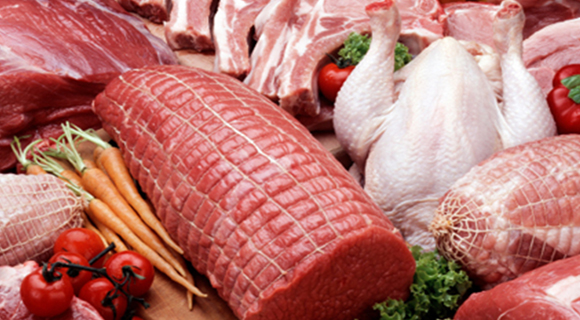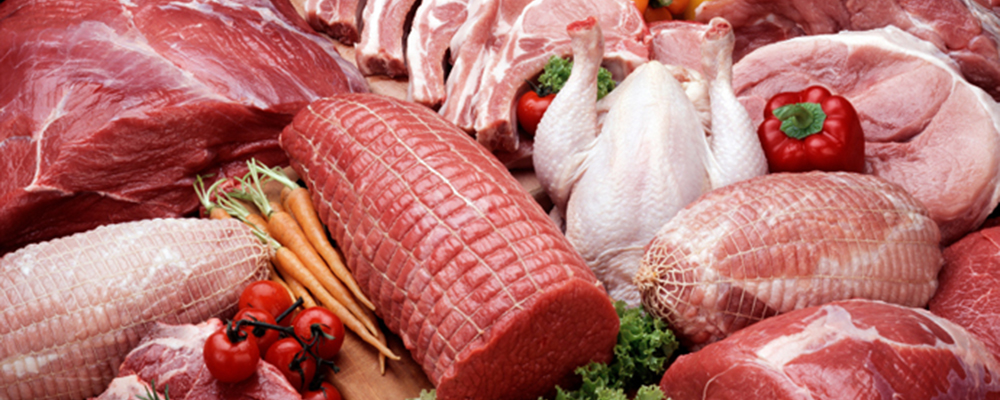What is Halal?
When we go through what is lawful and permitted to humans, we evidently come across the words “Halal” and “Good”. Halal (??????? , ?alal , Halaal) is an Arabic term designating any object or an action which is permissible to use or engage in(eat, drink or use), according to Islamic law. The term is widely used to designate food seen as permissible according to Islamic law (Sharia).
Interestingly nowhere in quran does it state that it is permissible only for muslims, rather all human-beings are invited to eat food which is halal (permissible, lawful), pure and good for health. That means it is hygienically and toxicologically free from all sorts of hazardous agents, and hence is good and safe for consumption.
What is the meaning of “Haram” ?
The opposite of halal is haram , which is Arabic for unlawful or prohibited.
What is Haram food ?
All kinds of food are considered halal except the following, which are haram:
- Swine/pork and its by-products .
- Animals improperly slaughtered or dead before slaughtering .
- Animals not slaughtered in the name of Allah .
- Alcohol and all forms of intoxicating and hazardous drinks .
- Carnivorous animals, birds of prey, and land animals without external ears .
- Pests such as rats, centipedes, scorpions and other similar animals .
- Animals forbidden to be killed in Islam e.g. ants, bees, spider and woodpecker birds .
- Animals which are considered repulsive generally like lice, flies, maggots and other similar animals .
- Animals that live both on land and in water such as frogs, crocodiles and other similar animals .
- Blood and by-products of blood .
- Foods and drinks which contain any of the above haram ingredients or contaminated through contact with any of the above products .
What is Halal Certification ?
Halal Certification is a recognition that the products are premissible under Islamic law. These products are thus edible, drinkable or usable by Muslims.
Important Terms
The Arabic word “Halal” implies that which is ‘lawful’ for consumption by Muslims (or any Halal Consumers).
“Haram” means ‘unlawful’ or ‘prohibited’ according to Islamic Law.
“Najs” regards foods that are themselves ‘impure’ and that cannot be cleaned.
“Mashbooh” means ‘suspected’. If Halal food consists of that which is deemed a suspected or unlawful (Haram) ingredient, the item becomes wholly unlawful.
“Tayyeb” is synonymous with ‘purity’ and ‘quality’, that which is safe and wholesome. Muslims are religiously mandated to consume only Halal and Tayyeb.
Why does a Food Company need Halal Certification?
There are millions of muslim consumers worldwide invariably wants to know before they buy food items whether they are manufactured according to Islamic shariah law and the ingredients are pure, the product is permissible and does not contain or composed any of impure substances as guided by islam.
Halal certified food products & ingredients help many food companies to increase their annual sales. Many muslim countries require that all food products & ingredients exporting to their countries have to be ‘Halal Certified’.
Why Halal certification for Vegetarian foods?
The word Halal means “proper and permitted.” Halal food is permitted by Allah (God) for Muslim consumption and includes all fruits, vegetables and grains. This was all the definition required for followers of Islam before the growth of processed foods.
The processing of foods makes many formerly “vegetarian” meals, breads, yogurts or cereals no longer considered halal Ingredients used in processed foods may contain hidden haram (Forbidden) components for example, these may be in colors, flavors or processing aids, as well as in sub-ingredients used. Many vegetarian-type items do not meet halal standards for example, cheese, marshmallows, candies, baked goods and yogurt may have enzyme and gelatin ingredients from animals which are not halal.
Many non-Muslims incorrectly believe that halal certification means nothing more than having a Muslim bless the plant and declare that the products are now halal. Some producers mistakenly believe that by not adding pork or any animal extract or alcohol ingredients, they can “self-certify” and label the product as halal for export or domestic sale.


